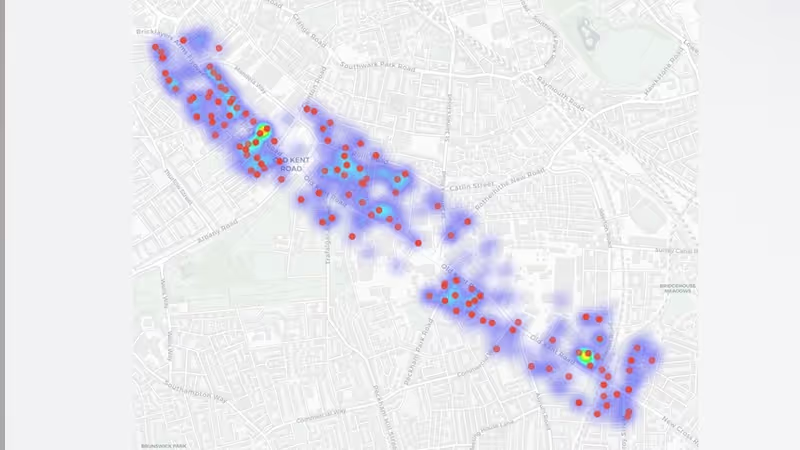James Kent (main image), the NRLA's Chief Innovation Officer and founder of property compliance platform Safe2, looks at new data on the postcode lottery of local authority enforcement.
Millions of pounds worth of fines issued to landlords for failing to meet their obligations have gone uncollected by local authorities, according to new figures obtained by the NRLA.
We submitted freedom of information requests to every council in England to find out more about how they were maintaining standards in the private rented sector, with results showing what can only be described as a ‘mixed’ picture across the UK.
Several councils didn’t record the information we asked for in a meaningful way, making it impossible to know whether their approach is working.
How does the civil penalty system work?
Local authorities can issue civil penalties of up to £30,000 for a range of offences committed by rogue landlords.
According to the figures, between 2021 and 2023 a total of £13 million worth of civil penalties were issued by councils.
However, shockingly, just £6 million has so far been collected – leaving a £7 million shortfall, cash that could and should be being reinvested in improving enforcement work to tackle rogue landlords and drive up standards.
Supporting good landlords
Good landlords with compliant properties have nothing to fear from robust enforcement work at local authority level.
We know that you, like us, are frustrated with the criminal minority giving the sector a bad name and believe action needs to be taken to challenge bad practice and drive bad landlords, who are risking the health and safety of their tenants, out of the sector.
It is clear more needs to be done if this is going to happen, with almost half of local authorities (49 per cent) not issuing any civil penalties between 2021 and 2023.
Of those that did 69 per cent had issued just five or fewer – a drop in the ocean when it comes to bringing about wholesale change.
The figures come as the Renters (Reform) Bill, currently making its way through Parliament, extends the range of offences for which councils can issue civil penalties.
This of courses begs the question as to what councils will do with these new powers, when the evidence suggests many are doing little with the considerable powers they already have.
What needs to happen?
To tackle this issue head on, we at the NRLA are calling for the creation of a new national Chief Environmental Health Officer to lead the charge for improved enforcement against rogue and criminal landlords.
The Government should also establish a ring-fenced recruitment and training fund to boost capacity in council enforcement teams, and better support the sharing of best practice between councils.
We believe practical steps – and investment from central Government – are the best way to bring about change on the ground.
To help landlords proactively identify and fix hazards, and improve enforcement against rogue and criminal landlords, we are also calling on the Government to urgently publish the promised review of the HHSRS.
Firm commitment
Rogue and criminal landlords cause misery for tenants and undermine the reputation of the compliant majority, and councils need to make a firm commitment to tackling the issue.
Time and again we hear that local authority budgets are stretched to breaking point; which makes it all the more bizarre that £7 million worth of fines have gone uncollected.
This really does make a mockery of the system – and lets down the many millions of responsible landlords out there providing safe and secure homes to rent.
It is now vital that the Government and councils work together to boost the capacity of enforcement teams to make better use of the existing powers they have to tackle poor quality housing. Without this, additional protections for tenants in the Renters (Reform) Bill run the risk of being meaningless.
More information
• The NRLA’s full report on enforcement can be accessed here.
• NRLA compliance arm Safe2 provides of all forms of property safety certification, offering landlords a single service to ensure gas, electrical safety and energy performance certificates are up to date, including renewal reminders making it easier than ever to stay compliant. For more information click here.















.avif)
.avif)





















Comments